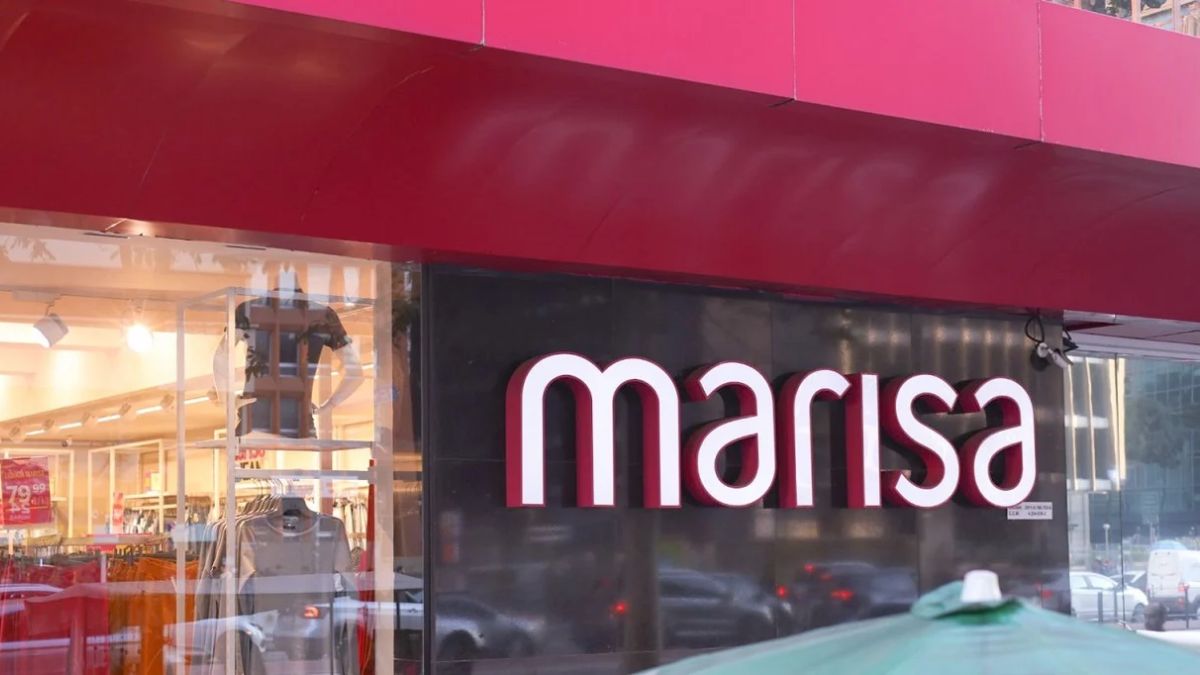In a difficult year for fashion retail, some companies in the sector suffered more than average. This is the situation Marissa (AMAR3)which saw its shares fall 50% in 2023.
Taking into account the longer time period, the bad phase is magnified: in the past 12 months, stocks have fallen by about 75%. Since February 21, 2020, the decline has reached 95%.
What explains the sudden decline in the retailer’s shares?
According to analyst Larissa Quaresma of Empiricus Research, there are several factors that influence poor performance. The main factor is the company’s high financial leverage.
According to her, there are two main points that have affected the retailer in this latest cycle:
- The rise in Selec, which is felt more by companies with high debt;
- An economic scenario that hurt families from classes C, D, and E, specifically Marissa’s crowd.
“The company felt the difficult economic scenario all the more because, in addition to retail, it also gives credit to customers to buy their own products. There were a lot of defaults,” Larissa explained.
As a result, Marissa had to go through another restructuring process, closing stores that were not performing well and renegotiating debts.
In February, for example, it appointed BR Partners (BRBI11) to advise on debt.
Yesterday, another new event: the transfer of the management of the credit process to Credsystem, which will act as a business and strategic partner in exploring credit products.
The analyst welcomes the move, which is similar to the partnership between Magazine Luiza and Itaú, which gave rise to LuizaCred.
“Marissa separates all of this credit portion from her balance sheet and creates a separate entity in which she is a partner with this third party, which shares all the risks and profits with the company. It is a 50%/50% company that aims to reduce the company’s risk exposure in this sector and manage Finance“This is typical for a financial institution, not a retailer.”
With the separation of the banking structure, Larissa believes Marissa will be able to fully focus on retail. “In our opinion, the movement is good.”
What to expect from Marissa with a fall cycle?
The analyst explains that clothing retail is more sensitive to economic cycles. With rising interest rates and a slowdown in the local economy, the sector is suffering more than other commodity-focused sectors, such as pharmacy chains.
“This sensitivity is stronger for fashion retailers who work with the lower classes.”
In theory, if a rise in Brazil’s benchmark interest rate, the Selic, has hurt the company, a reversal of that trend could mean a recovery for the company, right?
In parts…
Larissa recalls that the effects of lower interest rates can produce a dual impact on retailers in this sector, stimulating consumption and reducing customer defaults over time.
However, she believes that time is needed to see this improvement. “Just because Selec is down 0.5% doesn’t mean demand will go up 0.5%. It takes some time for us to see demand respond.”
For this reason, there are several risks faced by investors who buy shares in companies in the fashion retail sector to anticipate the beneficial effects of lower interest rates.
“Until these effects occur, some of them may not get there, and that may be the case with Marissa. It is not clear that the company will survive this restructuring process. It has negative Ebitda and negative net profit. Shareholders who buy shares thinking interest rates will decline may be negatively surprised“.
Therefore, Empiricus Research recommends avoiding this sector, at least “until we can see an improvement in the economic conditions of the C, D and E categories on the horizon,” the analyst concludes.
To see Empiricus’ 10 investment recommendations for September, Click here and access the free report.
Check out Larissa Quaresma’s full interview on the Giro do Mercado below:

“Hardcore beer fanatic. Falls down a lot. Professional coffee fan. Music ninja.”






More Stories
Sabesp Receives Brazil Innovation Value Award 2024 • PortalR3
Total formal job creation reached 201.7 thousand in June, up 29.6% | Economy
10,000 Brazilian Reals are waiting for you at Nubank? Find out who can get this money!